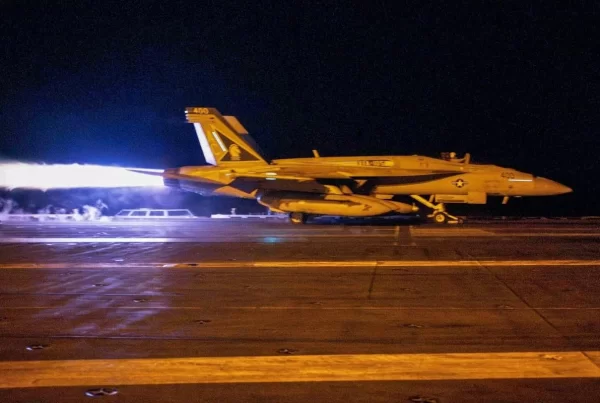Farea Al-Muslimi stole the show when he appeared at a hearing in Washington this week on the fall-out from American drone strikes. But while he has welcomed the attention, he conceded that his campaign to force a re-examination of the use of unmanned aircraft has barely begun.
“Everyone was telling me that I should celebrate. I told them I am not celebrating. The battle is not over; this is just the first step,” Mr Muslimi, 23, told The Independent in a telephone interview from Washington where on Tuesday he told a Senate sub-committee that his own village of Wessab, south of the Yemeni capital of Sanaa, had been devastated by a US drone days earlier.
The testimony was the highlight of the hearings called by Democrat Senator Dick Durbin amid anxiety on Capitol Hill that the drone programme has expanded exponentially. Mr Muslimi, who came to the US on a high school exchange when he was 16, said the strikes are doing the work of radicals by turning the general population against America.
Peter Bergen, an expert on counter-terrorism at the New America Foundation, told the hearing that while George W Bush had authorised only one drone strike in Yemen, at least 46 were launched in the country by the Obama administration in 2012 alone. For Mr Muslimi this has meant trying to square the positive stories he has told of his time in America with the reality of the harm being done by the drones.
The job became harder after the strike last week on Wessab, which killed a local al-Qa’ida leader and four others. In his testimony he contended that the men were well known and the US could simply have requested they be arrested.
“It’s a tragedy,” Mr Muslimi said. “Everyone in my village was angry with the US, and even at me. The kids in the village call me ‘the American’, because I studied there. It’s a personal problem for me as well. I have to explain to this old man in my village, who I had previously told that America is such a great country, why this country is sending drones to attack him.”
His own positive experiences of living in America mean he is not ready to give up on it yet. “It’s not black and white,” he said in the interview. “There are things happening in Washington DC that are not representative of America, and there are things happening in Sanaa that are not representative of Yemen. And that has to be fixed.”





